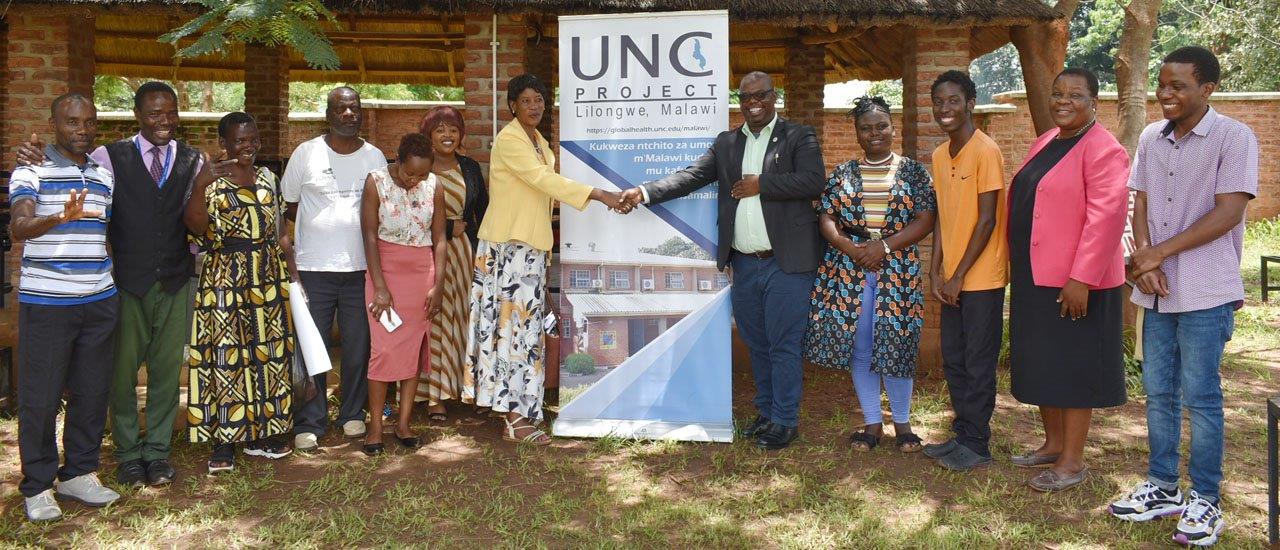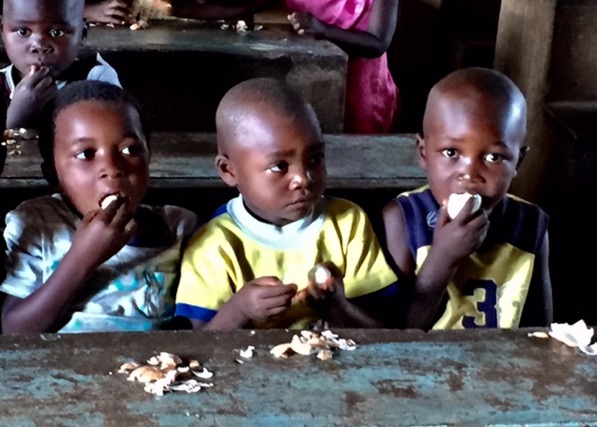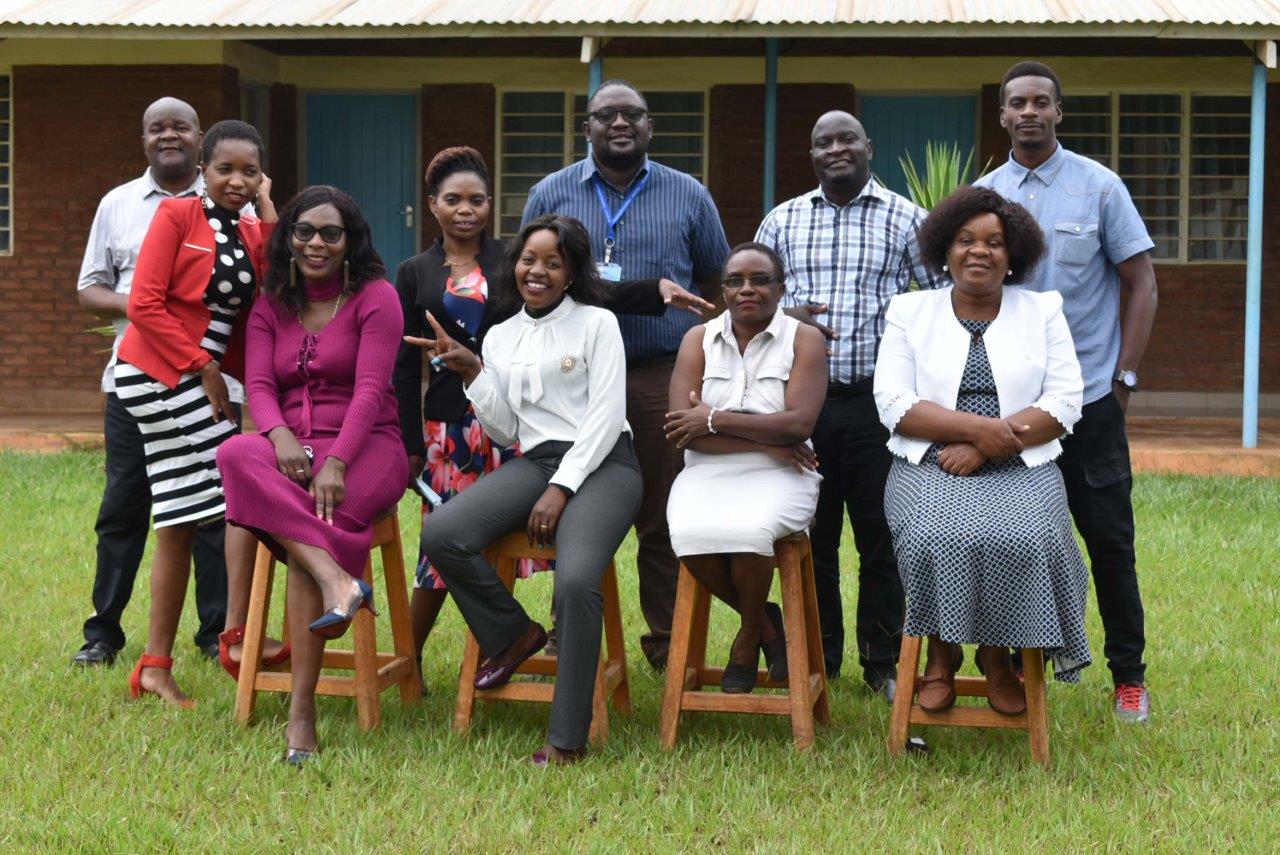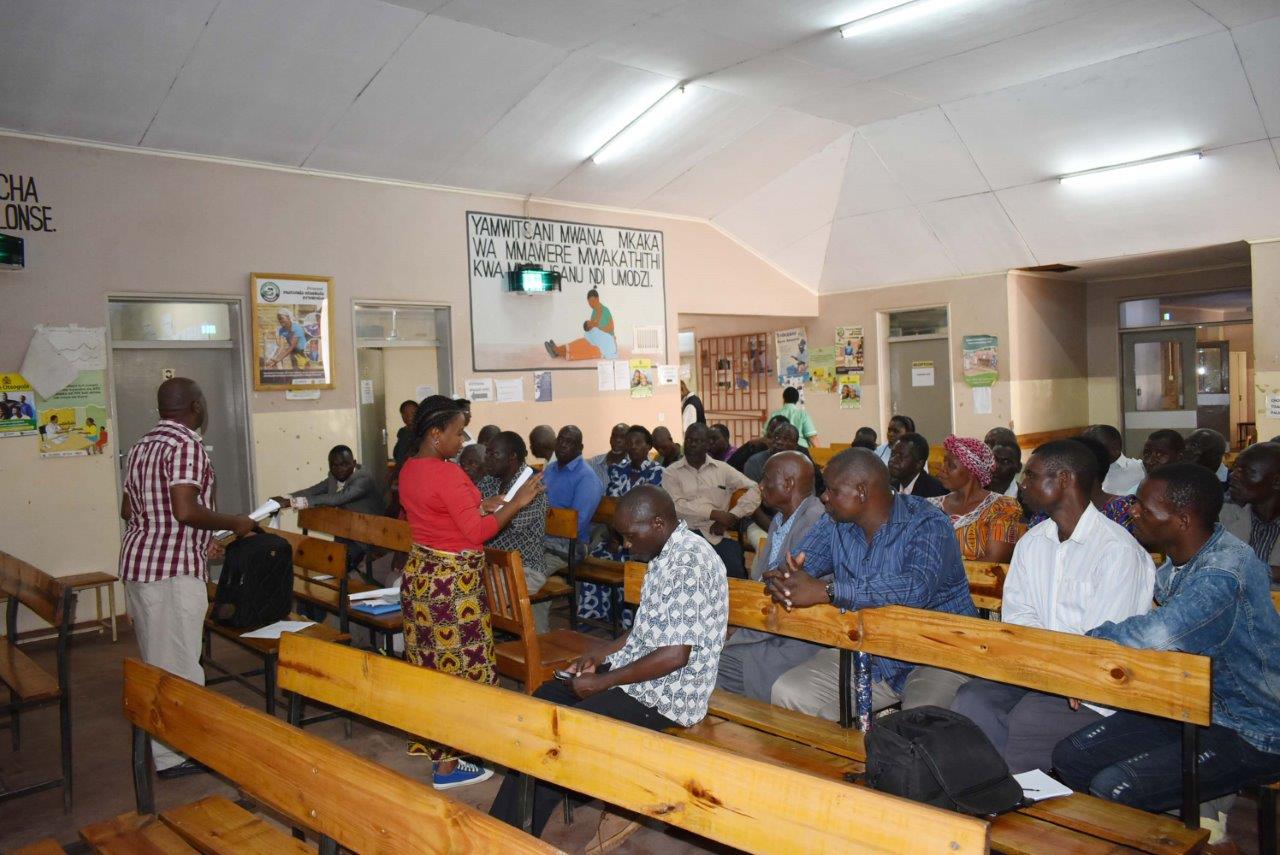Community Outreach
Community Educators Team
The UNC Project Malawi community department comprises 13 members with diverse professions, nursing, public health, education and counselling. The team develops and implements recruitment and retention strategies while also providing ongoing outreach through community sensitization programs, coordination with community groups and tracing of study participants when appropriate. Its main objectives are to promote participation in the studies that are conducted by the Project and to act as a link between the community and the Project through the Community Advisory Board (CAB)
Through the department, UNC Project Malawi strives to educate communities on research that it conducts, and provides general education on health issues.
The community department works with different stakeholders to conduct engagement activities focused on HIV treatment and prevention, Cancer, pneumonia, malaria, mental health, COVID-19 and other emerging diseases.
The department arranges meetings with local leaders to dispel rumors, misconceptions and myths about research and various studies. The community department collaborates with partners to organize national and district health events such as World AIDS day, World Cancer Day, World Diabetes day and National TB day.
Community Advisory Board
UNC Project has an active community relations and outreach program. The Project is guided by a large, diverse and active Community Advisory Board (CAB) consisting of people living with HIV infection, previous study participants, traditional, civic, religious and political leaders; and representatives of key populations and youth.

The CAB gives inputs in the development of study Protocols, recruitment materials and strategies. The board meets on a monthly basis where staff members present new and ongoing studies highlighting successes and challenges being experienced. The CAB shares community emerging issues that they feel will have an impact on ongoing and upcoming research activities, this information helps in the planning process.
Dzama Orphan Care and School

Dzama Orphan Care is an example of UNC Project’s commitment to the community and people of Malawi. Dzama village, like places all over Malawi and sub-Saharan Africa, has been hit particularly hard by the AIDS crisis. Located about 15 miles from Lilongwe, Dzama was struggling to cope with a large number of AIDS orphans and lacked an adequate school and access to clean water. Dzama Orphan Care was established in 2004 to provide children orphaned by AIDS with nursery and primary education.
With initial funding from the Statistical Center for HIV/AIDS Research & Prevention (SCHARP) in Seattle and UNC professor Peter Gilligan, PhD, UNC Project oversaw the construction of a brick school with solar-powered electricity, and a toilet. Later, donations from Carolina Friends School allowed for the installation of a well to provide clean water to the village. The school employs three teachers who instruct the children, aged two to ten, in English, Chichewa, mathematics, etc. With donations from well-wishers, UNC Project has recently constructed a three bed-room house fitted with solar power to accommodate a Head Teacher. Government has acknowledged this development by upgrading the school into a Junior Primary School and has deployed government teachers.
UNC faculty members donated additional money to establish a nutrition and feeding program, which provides children with porridge every day. Attendance is up as a result, since hunger kept many students at home. An average of 170 pupils attend school every day at Dzama.


